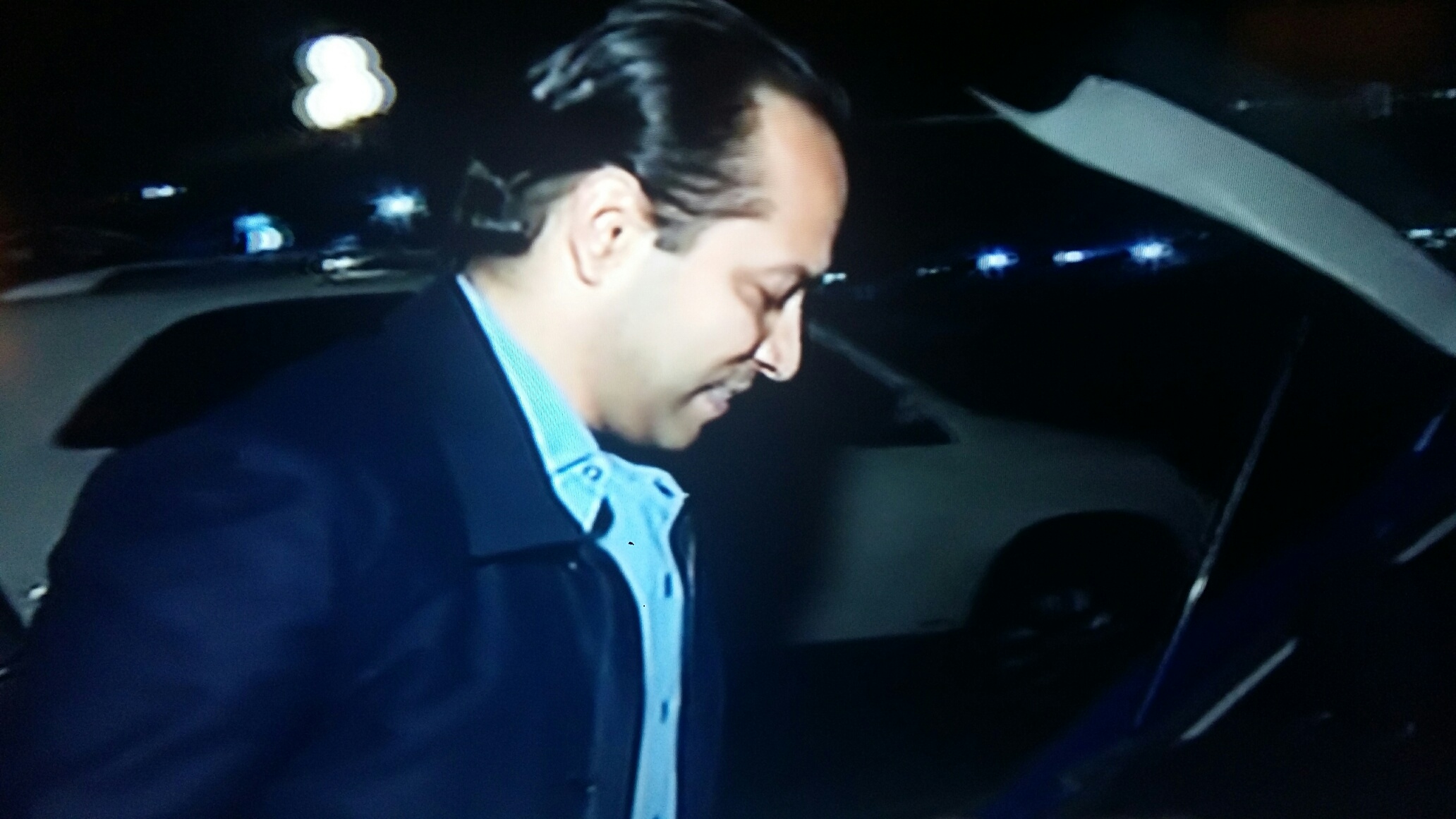Point 3: Mrs Muscat’s signature is not required
The Prime Minister asked on television (and elsewhere) last night: “Does my wife’s signature appear anywhere?”
He intended it as a rhetorical question. But I can answer it all the same. He knows the answer, but he also knows that the greater part of his television audience – because these are highly specialised and technical matters – will not have known that his wife’s signature was not required for the documents in question.
On a declaration of trust, it is the signature of those who hold the shares in trust that is required, and not the signature of those for whom the shares are held.
The declaration of trust documents for Mrs Muscat bear the signature of Jaqueline Alexander, a Mossack Fonseca functionary whose name is used for nominee purposes on literally thousands of companies which MossackFonseca Panama structures for secrecy.
It is a very real possibility that Mrs Muscat herself may not even know that her name is on those documents, which Brian Tonna delivered to Pilatus Bank in August 2015, when the bank had just received its banking licence from the Malta Financial Services Authority, as a prerequisite for the opening of an account for Egrant Inc.
This is why I wrote, in my previous post, that we may well be looking at something very much bigger than we first thought.
The Pardoner’s Tale, in Geoffrey Chaucer’s Canterbury Tales, written so many hundreds of years ago, is a salutary lesson.

Seyed Ali Sadr Hasheminejad – an Iranian with multiple passports issued by St Kitts & Nevis – was just 32 years old when he applied for a banking licence with the Malta Financial Services Authority, and got it 18 months later after a great deal of pressure.
